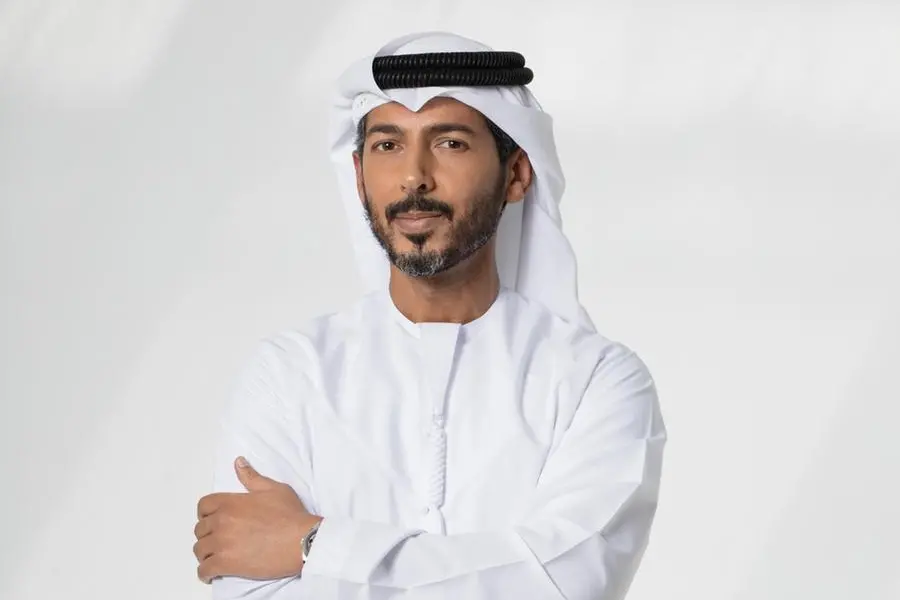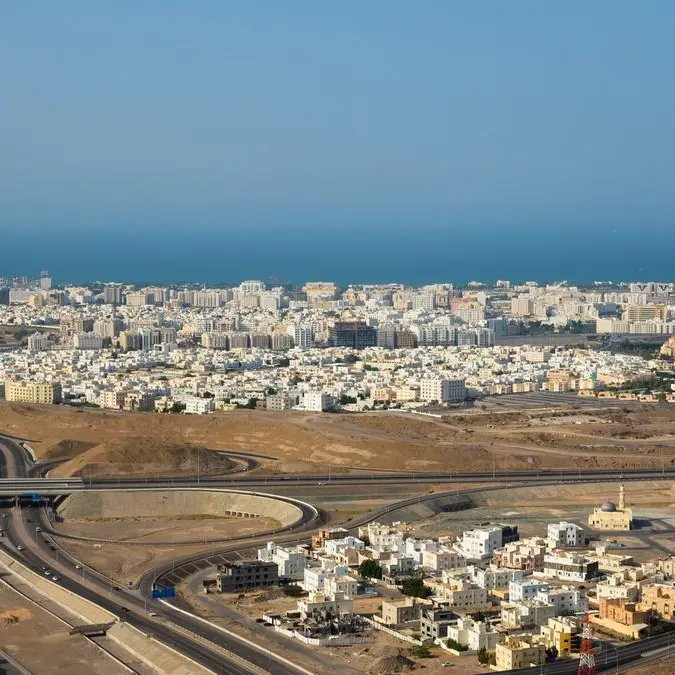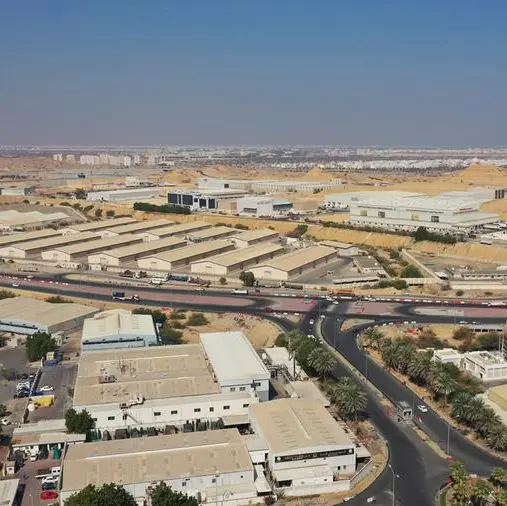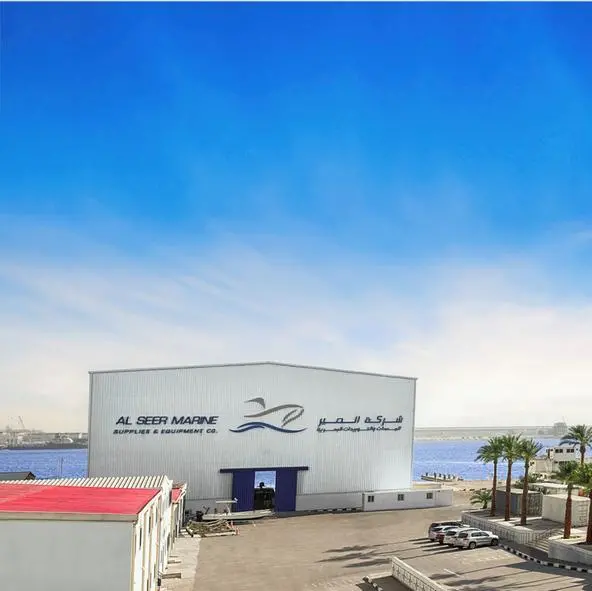PHOTO
The increasing adoption of cutting-edge technology by various businesses, including IoT, cloud computing, and big data analytics, is driving demand for data centres, especially hyperscale ones. Additionally, AI is expected to create massive data volumes.
These drivers present the UAE-based Khazna Data Centres, one of the largest data centre infrastructure operators in the Middle East, with a significant opportunity to expand its operations, according to the company's CEO Hassan Alnaqbi.
Khazna currently operates 12 data centres in the UAE and has another 12 under construction. They are also commencing construction on a Tier III data centre in Sharjah and completing their flagship hyperscale data centre in Abu Dhabi.
"With additional data centres opening across the UAE and plans to expand into Egypt and across the GCC, Khazna is expanding at a considerable rate," Alnaqbi said in an interview with Zawya Projects.
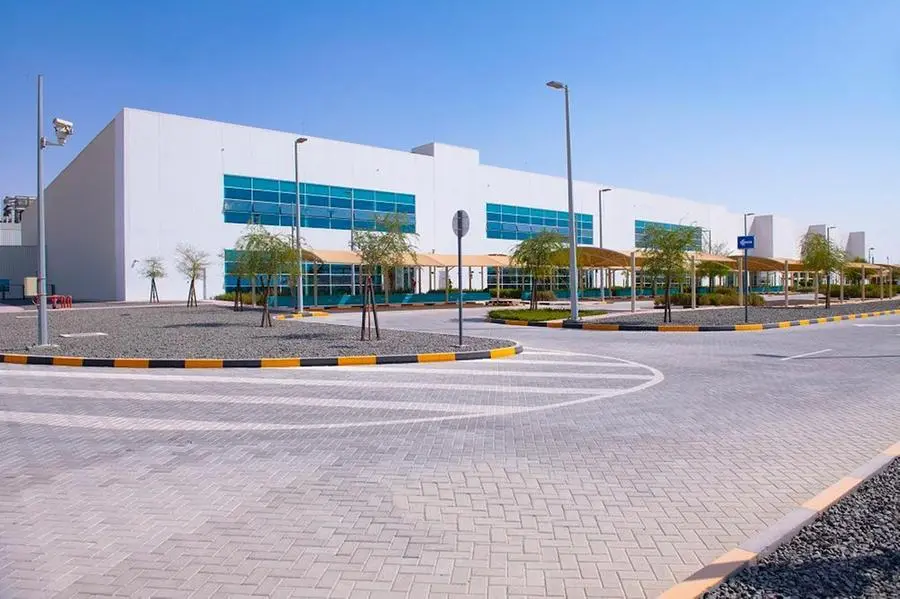

He emphasised Khazna's pioneering role in the region in enhancing digital infrastructure while promoting sustainability. The company is actively investing in renewable energy sources such as solar power and exploring biofuel substitutes to reduce greenhouse gas emissions. Advanced cooling techniques and energy-efficient modular designs are also being implemented to maximise energy efficiency.
"Modular data centre designs, such as that of Khazna's AUH 6, will also continue to gain popularity due to their scalability and flexibility, allowing organisations to expand their data centres as needed," he added.
Excerpts from the interview:
What is the extent of your operations in the UAE? What are the demand drivers?
Khazna Data Centres currently has 12 data centres under operation, with a further 12 under construction within the UAE. Through a joint venture partnership with Bee’ah Group, we are due to start construction on a Tier III data centre in Sharjah to support the Sharjah E-Government’s ambitious digital plans. The new data centre will have a 9MW capacity and will be built to the highest efficiency standards.
We are also due to complete our flagship hyperscale data centre in Abu Dhabi, the AUH 6, which is an extension to our existing site in Masdar City. This data centre will offer 31.8MW capacity and has achieved LEED Gold and Estidama Pearl 4 certifications.
The increasing adoption of cutting-edge technology by various businesses as part of our ambitions for digital transformation, including IoT, cloud computing, and big data analytics, is driving the demand for large hyperscale data centres. We expect AI to create particularly large data volumes. As a result, we will see the traditional data centre design being reshaped, and to meet demand, data centres will require much higher density rack configurations, which we are preparing for.
Against this backdrop, we are presented with a great opportunity to expand our operations. Our flexible hosting solutions enable our customers to meet the ever-expanding needs of today's digital world. With additional data centres opening across the UAE and plans to expand into Egypt and across the GCC, Khazna is expanding at a considerable rate.
What sustainability steps have you taken with your data centres, especially with greater data demand? Are your customers putting sustainability on their checklist when they select data centre suppliers?
At Khazna, we have established ourselves as pioneers in the UAE for this trend, enhancing the country's digital infrastructure while fostering sustainability. This is one of the main reasons customers have turned to us over the years, presenting us with the greatest responsibility and honour of building and operating state-of-the-art data centres.
The switch to renewable energy sources is being accelerated by Khazna's strategic plans to reduce dependency on traditional energy sources and minimise greenhouse gas emissions. By actively investing in renewable energy sources, such as solar energy, to power our data centre operations and decrease dependency on traditional energy sources, we have put into place efforts that align with our commitment to sustainability. Additionally, we are looking to switch from diesel fuel to biofuel substitutes made from renewable sources and emitting fewer greenhouse gases (GHGs) than traditional fossil fuels.
Khazna is also implementing cutting-edge cooling techniques to maximise energy efficiency and lower power usage. Adiabatic-free cooling chillers provide significant energy savings, increased capacity, and low operating noise while ensuring cooling effectiveness under extreme temperatures and environmental conditions.
At Khazna, we adopt energy-efficient modular designs for our data centres, ensuring that resources are used effectively to prevent irrational energy use. In addition to maintaining high levels of redundancy and resilience, our modular energy-efficient designs streamline power distribution to guarantee an efficient flow of electricity to all crucial components, enhancing uptime and lowering the risk of downtime.
Our second data centre in Masdar City (AUH6) has been designed with an unrelenting dedication to sustainability and efficiency, featuring six identical and independent units that can be controlled separately. This modular excellence not only enhances sustainability from an operational standpoint but also offers exceptional feasibility for clients.
Looking ahead, what are the trends in the data centre market in the region in 2023 and beyond? Would there be greater demand for edge data centres or hyperscale ones?
Data centres have become one of the world's most important resources since they enable e-commerce, cloud computing, and remote work and drive the global economy.
Due to the staggering amounts of data generated constantly, the UAE will see an increase in investments in data centre infrastructure as businesses become more cognisant of the need to manage data and information effectively and affordably. Currently, the GCC data centre market is estimated at more than $1.3 billion. Between 2022 and 2028, the data centre market in the region is anticipated to expand at a compound yearly growth rate of 8.14 percent, hitting $5.23 billion as the governments adopt regulations for using cloud services in January 2023.
Trends focusing on sustainability, green data centres and modular data centres will continue to evolve. At Khazna, we believe that there is increasing emphasis on reducing the environmental impact of data centres; [we] expect continued growth in the adoption of renewable energy sources, improved cooling techniques and energy-efficient infrastructure. Modular data centre designs, such as Khazna’s AUH 6, will continue to become popular due to their scalability and flexibility, allowing organisations to expand their data centres as needed.
There has been a material increase in the cost of construction due to multiple economic and political challenges. How has this affected the construction and delivery of data centres? What are the significant challenges at the moment in making data centres sustainable?
The increase in construction costs impacts all industries, not just data centre companies. Khazna works tirelessly to optimise designs, source materials effectively, and investigate cost-effective building methods like DFMA (Design for Manufacturing and Assembly) to overcome obstacles like cost management or time delays.
Concerning the difficulties in creating sustainable data centres, particularly in the UAE, the hot environment necessitates substantial cooling, which might burden energy supplies. Increasing energy efficiency is an ongoing problem for data centres, which require cutting-edge cooling techniques like free cooling and liquid cooling to do it – both of which Khazna data centres make use of.
Could you provide some visibility into the company's expansion plans in terms of both data centre capacity and geographies?
In the ever-evolving digital landscape, Khazna has played a vital role in creating the digital infrastructure and being an integral part of this successful transformation.
We have been laying the foundation for a digital economy and helping the UAE become a global technology powerhouse for over a decade. Our data storage solution supports our clients' aspirations for business expansion by offering a safe, dependable, and sustainable data storage solution. The growth of both data volumes in the region presents us with a great opportunity to expand our operations. Our data storage solutions ensure seamless data growth management, enabling businesses to meet the ever-expanding needs of today's digital world.
As Khazna embarks on our expansion journey, we aim to expand our operations beyond the UAE to neighbouring markets, such as the Kingdom of Saudi Arabia. We recently announced our market entry into Egypt, representing a significant milestone as it marks our first expansion into a new market outside the UAE.
Khazna emphasises our commitment to expanding data centre infrastructure across diverse geographical regions, enabling businesses to leverage robust and reliable services for enhanced connectivity and data management.
Lastly, how do you see data localisation regulations driving demand for data centres?
Data localisation guidelines are driving demand by compelling agencies to store and process records within specific geographic regions or nations. These compliance requirements necessitate a stable, low-latency, and scalable records infrastructure, making data centres the go-to solution. They provide businesses with the essential facilities, expertise, and cost-efficiency to meet these regulations, ensuring data security, privacy, and compliance while facilitating efficient data management and processing.
Typically, data localisation regulations mandate that specific categories of data, especially sensitive or personal information, must be stored and processed locally. This may require organisations to establish or expand their data centre presence in the target region to comply with these regulations. Data localisation regulations are typically implemented for security and privacy reasons. Local data storage reduces the risk of data breaches and unauthorised access. To mitigate these risks, organisations may choose to invest in data centres within their operational territories.
Governments often seek to control data created within their borders, and data localisation regulations enable them to do so. To maintain data sovereignty and comply with these laws, organisations must invest in local data centres. Large cloud service providers often position their data facilities in regions where data localisation regulations are enforced. This allows them to offer compliant services to consumers and capture a share of the local market.
Data localisation regulations may also require organisations to store backup copies of their data within the same jurisdiction. This can further boost the demand for data centres offering backup and disaster recovery services. Consequently, data localisation regulations can drive demand for colocation, managed hosting, and cloud services, thus accelerating the growth of the data centre industry.
In summary, data localisation regulations increase the demand for data centres by mandating the establishment of local infrastructure for data storage and processing in compliance with regional laws. This demand can lead to increased investments in data centre facilities, technologies, and services in specific regions.
(Reporting by Anoop Menon; Editing by Bhaskar Raj)
Subscribe to our Projects' PULSE newsletter that brings you trustworthy news, updates and insights on project activities, developments, and partnerships across sectors in the Middle East and Africa.
